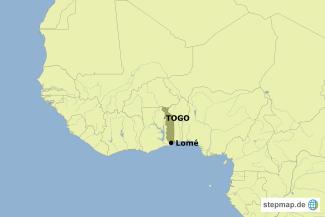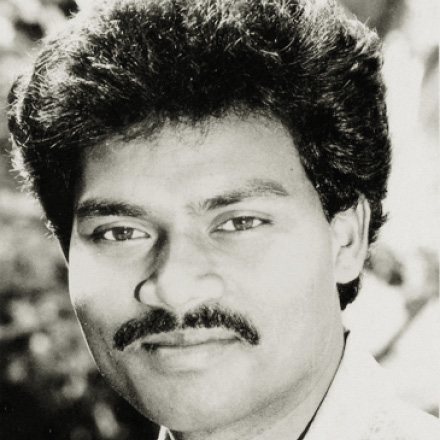Health care
Pay or die

Examples of patients dying without having received attention are heart-breaking. In July 2016, an 11-year-old boy died at the Sylvanus Olympio Hospital in Lomé, the capital city. His desperate father complains: “My son had a stomach ache, and all of a sudden a nurse declared him dead.” The man reports that his child’s heart was still beating and he told the nurse so. Her response was that heartbeat is not what makes the difference between life and death. “Nothing was done until the heart of my child really stopped beating,” the father reports.
In January 2017, Woegna Akossiwa died of acute cough at the hospital. She had not received any treatment. Upon her arrival at the hospital premises at 3 p.m., her husband was asked to pay the equivalent of $ 11 for an X-ray. He paid the money, but was then told that the X-ray could not be done immediately, because the attending physician on duty was in charge of 70 patients. Four hours later his wife was dead.
Adom Wiyoou Kpao, the director of the hospital, admits that serious mistakes happen: “I had to go to court twice because of complaints about our paediatric services.” He says that nurses are frequently absent, with poorly-trained friends stepping in for them. They administer inadequate treatments and sometimes cause death. The hospital director says that “hardly two out of ten staff members are trustworthy”. The mindset, according to him, is the problem.
Sylvanus Olympio is Togo’s largest public hospital, but even its emergency rooms do not have first-aid equipment. The wards are in destitution. There are not enough beds, and the surgery rooms are underequipped.
There is also a shortage of health-care staff. Togolese doctors prefer to work abroad – in neighbouring countries, Europe and North America. In Togo, they are not paid well and lack the medical supplies they need. According to the CIA website, Togo only has 0.5 doctors per 1000 people. Wealthy European nations have three to four doctors per 1000 people.
Professor David Dosseh is the former president of the Togolese Hospital Practitioners Trade Union. He says that “Togo has failed to improve its health system.” According to the World Health Organization (WHO), per-capita health spending in Togo amounted to the purchasing power of a mere $ 72 in 2014. The comparative figure for Germany was $ 5,200. Accordingly, simple illnesses that would be healed in a rich country become deadly in Togo.
Ibrahim Oredola Falola is a journalist and lives in Lomé, Togo.
ibfall2007@yahoo.co.uk










